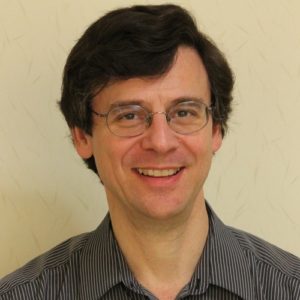 Robert Hymes
Robert Hymes
Carpentier Professor of Chinese History
Office: 504 Kent Hall
Phone: (212) 854-2580
Email: rph2@columbia.edu
Office hours: R 12-2:00PM, Please make an appointment in advance by email.
Educational Background
BA: Columbia College (’72)
MA: University of Pennsylvania (’75)
PhD: University of Pennsylvania (’79)
Classes Taught
EAAS UN3990 Approaches to East Asian Studies
HSEA GU4893 The Family in Chinese History
HSEA GR8883 Topics in the Middle Period of Chinese History
Research Interests
Middle-Period China, Social and Cultural History, Social Networks, Family and Kinship
Robert Hymes’ work focuses on the social and cultural history of middle period and early modern China, drawing questions and sometimes data from cultural anthropology as well as history, and using the methods of the local historian to study elite culture, family and kinship, medicine, religion, gender, and (currently) the changing role and form of Chinese social networks from the tenth through the seventeenth centuries. His monographs Statesmen and Gentlemen and Way and Byway won the Joseph Levenson Prize of the Association for Asian Studies for the best book on pre-1900 China in their years of publication.
Selected Publications
“Thoughts on the Problem of Historical Comparison between Europe and China,” in Political Communication in Chinese and European History, 800–1600 (Oxford, forthcoming 2018)
Way and Byway: Taoism, Local Religion, and Models of Divinity in Sung and Modern China (University of California, 2002)
Statesmen and Gentlemen: The Elite of Fu-chou, Chiang-hsi, in Northern and Southern Sung (Cambridge, 1987)

 Michael Como
Michael Como
